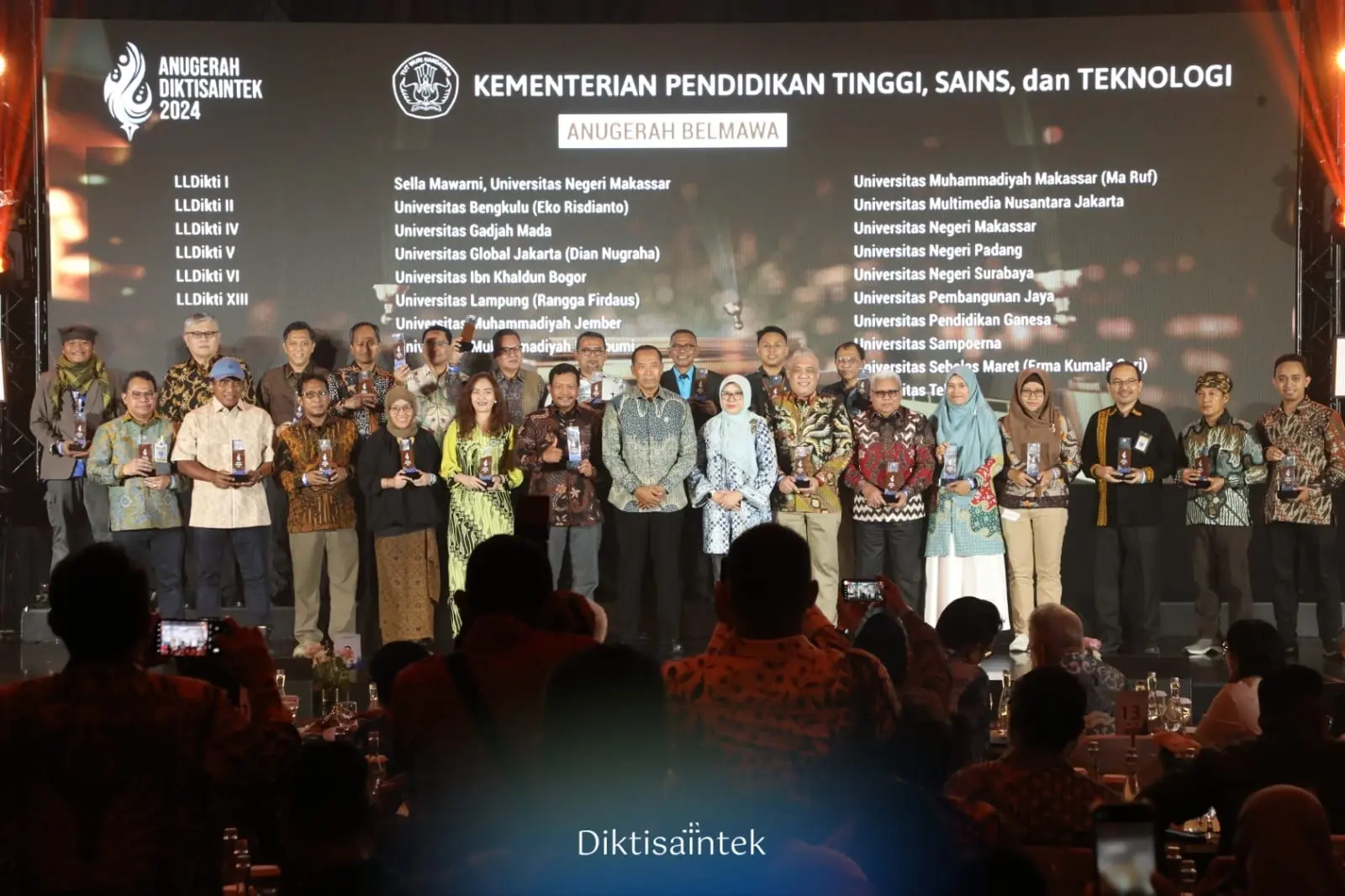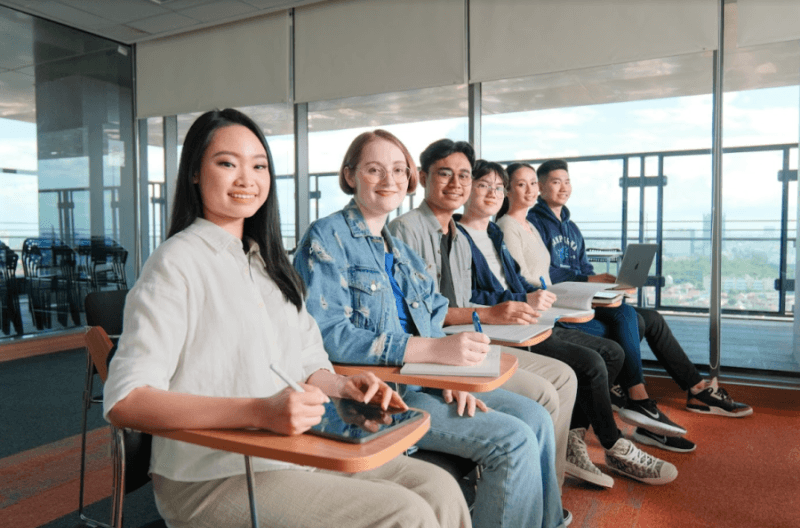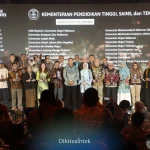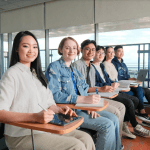23 Sep 2020
A Day in the Life of a Postdoctoral Research Scientist
Articles,
News & Event,
News & Events Faculty of Engineering & Technology,
[vc_row type=”in_container” full_screen_row_position=”middle” scene_position=”center” text_color=”dark” text_align=”left” overlay_strength=”0.3″ shape_divider_position=”bottom” shape_type=””][vc_column column_padding=”no-extra-padding” column_padding_position=”all” background_color_opacity=”1″ background_hover_color_opacity=”1″ column_shadow=”none” column_border_radius=”none” width=”1/1″ tablet_text_alignment=”default” phone_text_alignment=”default” column_border_width=”none” column_border_style=”solid”][vc_column_text]Making a career as a research scientist can be the most fulfilling and life-affirming experience. Yet it is not an easy task to achieve. Passion, determination, and consistency have always been the keys to a successful scientist. Resilience in facing rejections, making perpetual revisions, and accepting critics are also a big part of this career’s routine. Besides the very impressive compensation, a real-world experience, the traveling, the networking, and other added benefits, being a Research Scientist isn’t exactly a walk in the park.
“It is important to recognize your passion to start a career, once you’ve recognized it, your job becomes easier. For me, doing research is my passion. I have always enjoyed investigating things. Being a researcher is such a great job because it is intellectually challenging, less repetitive work, I have my freedom and independence, rich human interactions with smart people all over the world, and it is socially positive,” remarked Mr. Gagus Ketut Sunnardianto, who was recently invited as the guest lecturer on the virtual Senior Colloquium at Sampoerna University Faculty of Engineering and Technology.
Mr. Gagus’ career as a Post-doctoral Researcher started in 2017 when he worked at City University of Hongkong. He is a familiar name around Sampoerna University for having taught SU FET students as Lecturer at the Department of Applied Physics from 2018-2019. He then continued to follow his passion for research by working at the Research Center for Chemistry at the Indonesian Institute of Science (LIPI). He is currently living in the Netherlands and working as a Postdoctoral Researcher, representing LIPI and Indonesia as part of the research team at Delft University of Technology (TU Delft).
All career achievements Mr. Gagus had accomplished has been the result of his hard work and determination since he was graduated from The State University of Surabaya in 2009 with a bachelor’s degree in Physics. He then enrolled in the QEDC short-term program at Osaka University in Japan, which he claims to open the world for him. After his enrollment in the QEDC short-term program at Osaka University, he then had the chance to get his Master’s and Ph.D. from the university’s exchange study program. He said, “Never disregard even the smallest opportunity to get you farther and reach higher education levels. Not only it gave me academic benefits, but I also learned about many strategies of how to connect and communicate with professors, not only domestically but also internationally. This networking was a huge help for my career path.”
To work at LIPI has always been in Mr. Gagus’ interest. He stated that LIPI is the best research institute in Indonesia, that is why he has always had his eyes on LIPI and wanted to become one of the researchers at the institute, also he would be really proud to represent Indonesia for assignments in international research teams, just like what he’s currently doing in the Netherlands. LIPI opens many global collaborations, for example from Nature Index – the database of the affiliation or institutional relationship that are published on research articles especially in natural science – from 1 July 2019 – 30 June 2020, 96.74% of researches at LIPI were done with international collaborations. Mr. Gagus suggested to students to later find a job that can give them the chance to develop themselves and their expertise not only in Indonesia but also internationally.
During his lecture, Mr. Gagus also shared some tips of what kind of quality does a researcher needs to have in order to become the best in his/her field, those tips are:
- Having passion and self-motivation
- Having perseverance and self-confidence to have a compulsory to publish his/her research to very high impact international journals
- Being independent
- Having a good track on publications. These track records will earn you trust from universities and research institutes around the world to offer you research assignments and be part of their research teams.
At the end of his lecture, Mr. Gagus took the time to give assignments to SU FET students about Multiscale Phenomenon. The students are assigned to find and evaluate information on how to upscale the information generated from the atomic scale to the macro scale for the case of hydrogen embrittlement on steel and then present their critical thinking and analysis.
To achieve your dream as a researcher, start your journey at our Faculty of Engineering and Technology (FET). Click [here] to learn more about the faculty and all of its available study programs. Also, get a chance to win our Merit Scholarships by Start your Sampoerna Journey now Click [here].[/vc_column_text][/vc_column][/vc_row]





